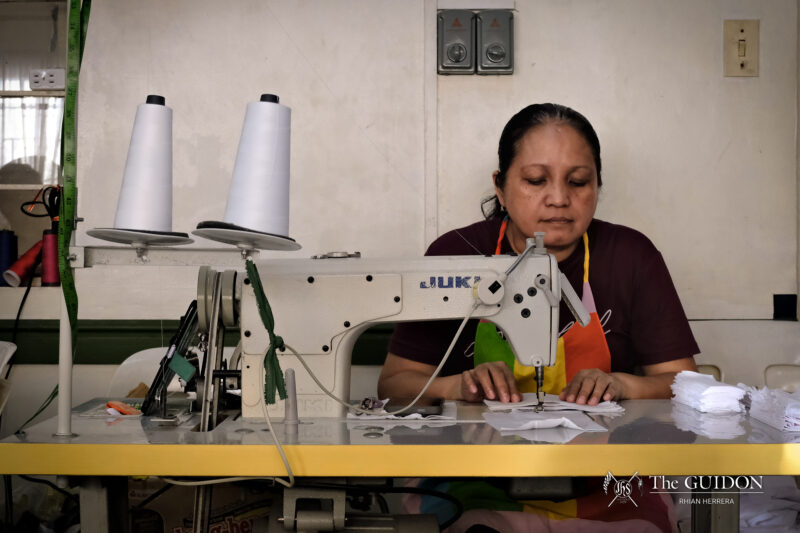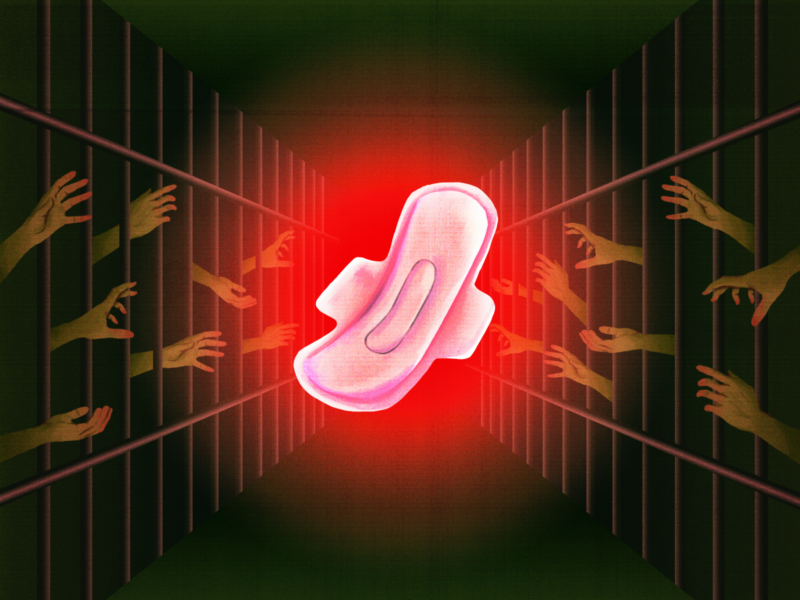With the onset of social media, dated patriarchal expressions have taken on new forms through the rising prominence of the manosphere.
MISOGYNY IS nothing new, but trust the Internet to find new ways to present it. Gone are the days of the “nice guy,” as women-hating men have taken a hard-to-swallow pill: the red pill.
Should men steer away from stereotypical forms of masculinity, they’d be accused of going “soft.” Men are then encouraged to wake up to the reality that women threaten their dominance. Under the guise of safeguarding masculinity, those in the manosphere foster spaces with oppressive morals that have no place in any time.
So much Tate
In the manosphere—a collective term for male supremacist communities—red-pilling refers to an awakening comparable to The Matrix’s Neo, but the “reality” faced is that men and masculinity are “under attack” by feminism. For instance, red-pilling can lead a man to believe that all women are users. Red-pilling also unfortunately endangers women further, as the beliefs that come with red-pilling can lead a man to take the lives of six women as “punishment” for rejecting him. Varying levels of intensity are united by one toxicity: the incel movement.
“Incel” is short for “involuntary celibate,” or men who desire a romantic partner but cannot find one. The term has then transformed into a catch-all for a subculture that runs on misogyny, hate, and entitlement. The incel community has many role models, but kickboxer Andrew Tate is arguably the newest notable one. Tate has been penetrating YouTube and TikTok algorithms, as he has said that he is a proud misogynist and that women should “bear responsibility” for being sexually harassed.
In discussing what makes men advocate for these spaces, Loyola Schools Department of Communication Chair Jozon Lorenzana, PhD says that an assertion of one’s privilege and shared sentiments come into play. “Incel culture is a manifestation of masculinity being under attack,” Lorenzana says. “At the end of the day, it’s [about] asserting privilege, so [incel communities are] a manifestation of the privilege [being asserted].”
No man’s sphere
A lot of the flak garnered by those who combat the many forms of discrimination in society centers around the idea of political correctness. However, opposers of feminism often downplay the potential harm of their worldviews. What they fail to acknowledge is that the spread of these ideologies can lead to a slew of unpleasant consequences.
For Ciara*, the notion that men are expected to provide for their families left her and her friends feeling that they were responsible for maintaining their male partners’ pride. “‘Do I dumb myself down?’ That was our question for the longest time. ‘Do I hinder myself from achieving more just so he feels safe?’” she pondered.
Because of this perceived duty, Ciara often felt like she was left with regret. “I knew that I was holding myself back from my own potential—from opportunities that don’t even come by to many people,” she shared.
These constructs of male superiority do not always remain in the mental realm. Independent gender and development specialist Joie Cortina asserts that chauvinistic masculinities rooted in online spaces have led to real-life incidents of violence, such as assaults on women and even mass shootings, especially in the United States.
On a more local note, Cortina attributes the Philippines’ recent slip in gender equality rating to women’s diminished involvement in democratic exercises—in part due to the incessant trolling they encounter. “If a woman participates, she’s silenced by attacks on her person. That happens online, and it also has its equivalent offline, na women human rights defenders are attacked,” she laments.
The pervasiveness of toxic masculinity may also enable microaggression on the societal scale. Cortina expresses that politicians tend to endorse policies that align with Catholicism and its associated gender norms, which is why regulations like the SOGIE Equality Bill and abortion meet much resistance.
Red-y or not
The problem of toxic masculinity has been acknowledged and addressed by many, but there’s still a long way to go to foster safer spaces. Many efforts still feel skin-deep, especially for Filipinos. “In the Philippines, the face of a poor person is still the face of a woman. We might have all these laws that supposedly espouse equality but the culture is still unyieldingly patriarchal,” says Cortina.
According to Lorenzana, these laws help shape judgments, and while more laws can codify gender-progressive norms, other cultures have taken matters to their own hands. For instance, the 4B movement in South Korea is an ideological lifestyle for feminists who renounce heterosexual sex, marriage, dating, and childbearing. In this movement, feminists boycott men by avoiding them entirely.
This ultimatum, while extreme, comes from a place of resignation. Though, a renouncement of men is admittedly not the only way to create safer spheres for women.
Ciara and Cortina both believe that involving men in discussions can correct their backward misconstructions of masculinity and pave the way for a kinder society. To them, it’s one thing to create a new world—and another to make the existing one better.
*Editor’s Note: The name of the interviewee was changed to protect their identity and privacy.







